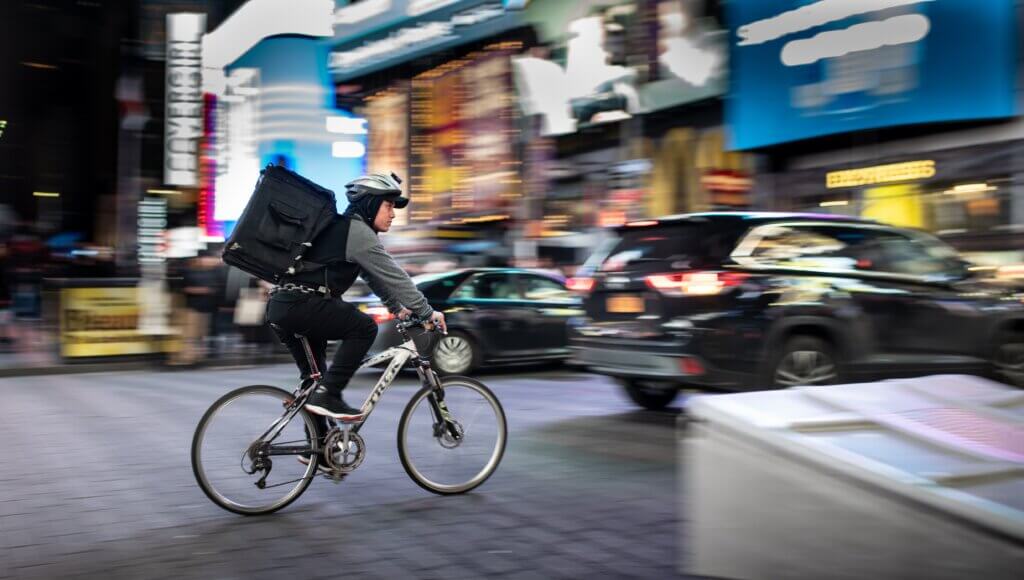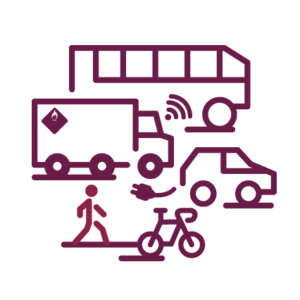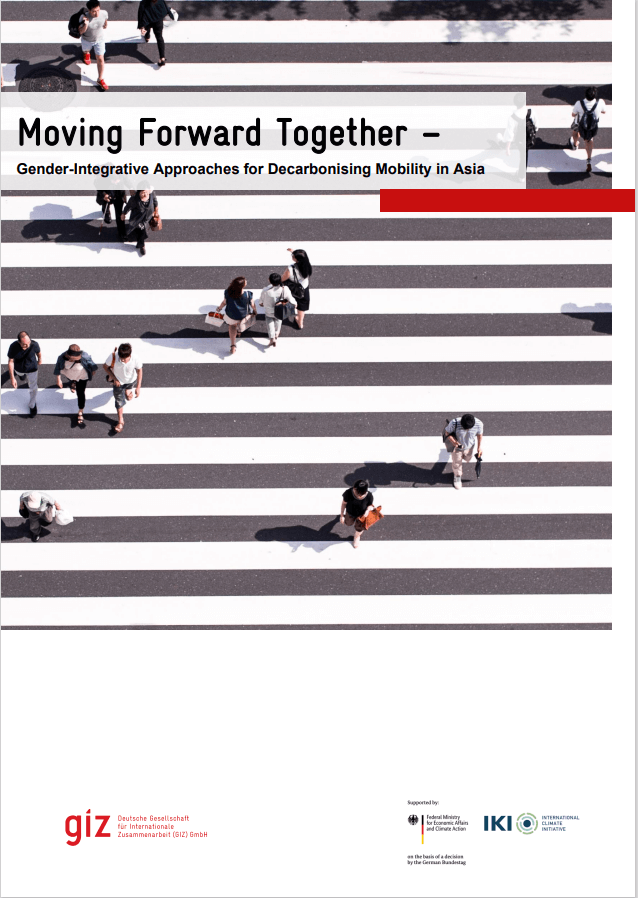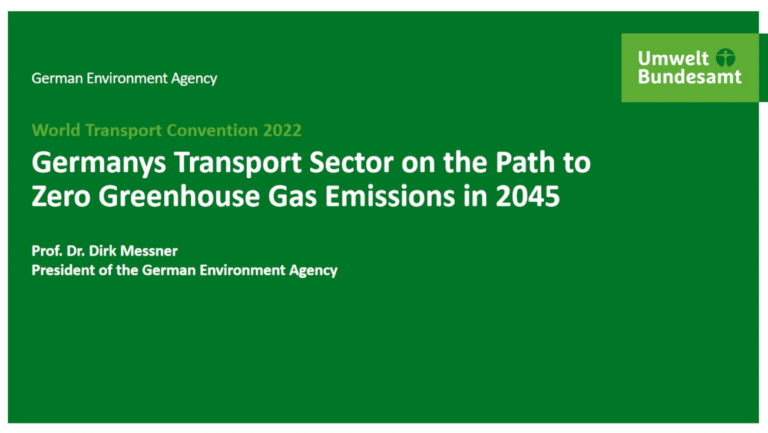The growth of e-commerce has changed distribution in cities worldwide. E-commerce is heavily dependent on a reliable and short delivery time to fulfil the main interest of the end consumer: Immediate availability and rapid delivery of goods. To meet such consumer demands, while reducing the environmental impacts and increase cost efficiency of courier, express and parcel (CEP) services on the last mile, CEP service providers and cities are developing new concepts and measures, such as the expansion of pick-up points or micro depots in urban environments. Relevant success criteria include a high volume of shipments in collection and delivery, the use of information technology to automate and increase the efficiency of the handling speed and the cost-efficient handling of the last mile.
This study by the Bergische Universität Wuppertal (BUW) focusses on the last mile organisation, framework conditions and the structure of the CEP sector in Germany. As part of a comparative study that compares the processes, the political and conceptual framework conditions as well as the innovative strength of both the Chinese and the German CEP system, the study was prepared in close cooperation with the Transport Planning and Research Institute (TPRI), which, analogous to the German study, examined the Chinese CEP market and its design and framework conditions. Based on existing CEP regulatory frameworks and delivery data, the authors model three CEP logistics scenarios in the city of Berlin, including a base scenario with business as usual, a bundling of existing pick-up point networks and a scenario for pick-up points on major roads. The study shows that a complete abandonment of doorstep delivery with conventional vehicles can reduce the mileage in the complete road network by approx. 65 %, with significant impacts on traffic volume and environmental protection. Further results and subsequent policy recommendations can be found in the full document below.





